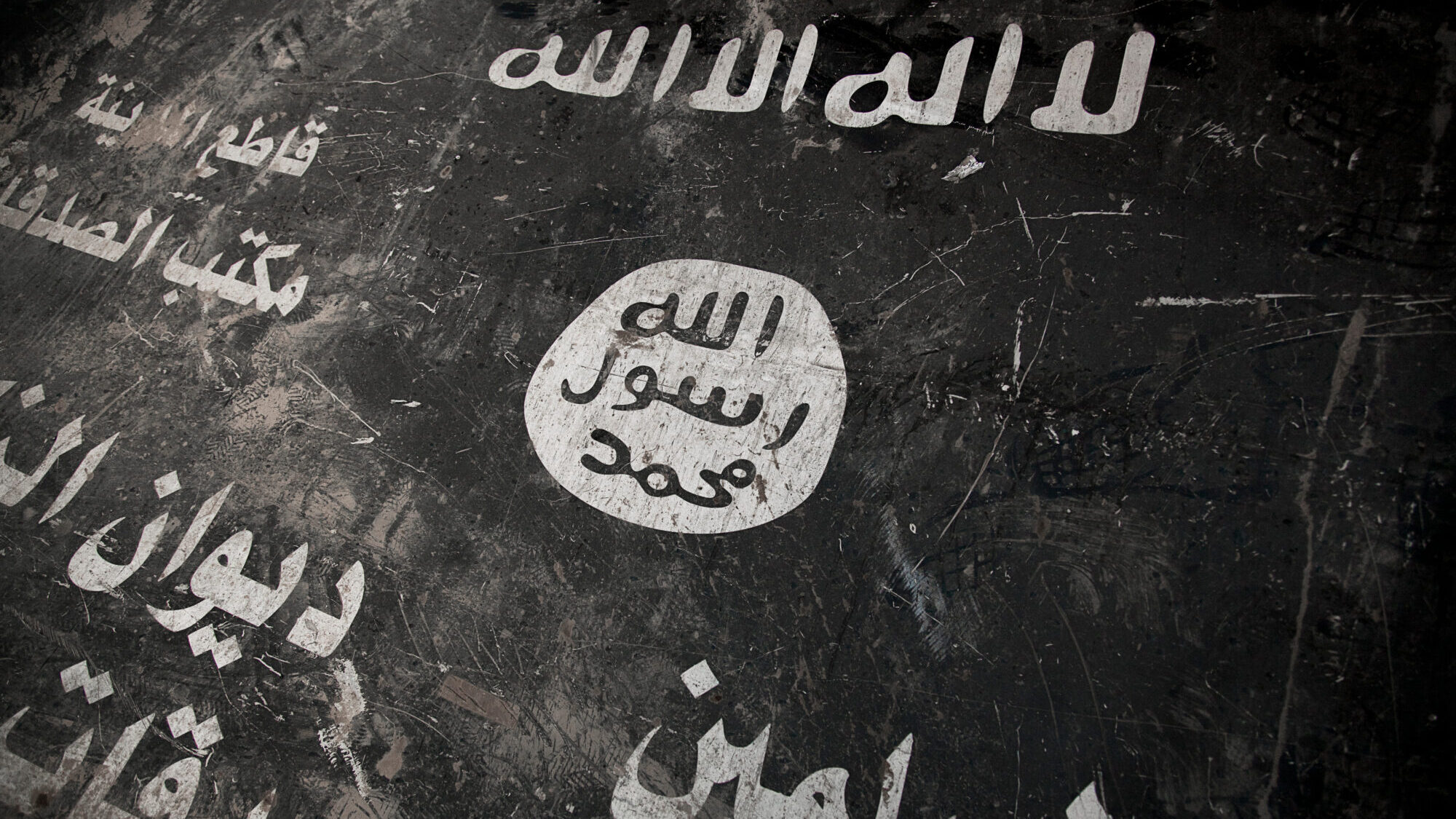
Photo: saeediex / Shutterstock.com
Sweden has seen several protests involving the burning of the Quran over the last few years but recent burnings and desecrations of the Muslim holy book have fuelled increasing tension between Sweden and countries in the Muslim world.
The Swedish Security Police Säpo, which is responsible for counter-terrorism operations and other espionage operations, is now warning that Sweden has become a priority target for Islamic radicals looking to carry out acts of terror.
Security Service Chief Charlotte von Essen held a press conference Thursday, July 27th, along with Sweden’s Minister of Justice Gunnar Strömmer to discuss the country’s deteriorating security situation. Von Essen said,
In the past, we have seen that Sweden has been a legitimate target, just like many other countries in the West. Now Sweden is being singled out in particular, which makes us a more prioritized target.
Minister of Justice Strömmer linked the situation to the recent Quran burnings saying,
The reactions against Sweden have been very strong. The government has been working to maintain dialogue with countries in the Muslim world.
Earlier this year in January, Danish anti-Islam activist Rasmus Paludan burned a copy of the Quran in front of the Turkish embassy in Stockholm, leading to condemnation from the Turkish government at the time, further complicating Sweden’s bid to join the NATO military alliance.
This month, Turkish authorities issued an arrest warrant for Plaudan, although the Danish activist simply laughed off the warrant and explained he had no plans to ever visit Turkey.
Another activist, Iraqi migrant Salwan Momika, has also held similar demonstrations, either burning or desecrating the Quran. Earlier this month Momika desecrated the Quran in front of the Iraqi embassy, which had been preceded just hours before by the storming of the Swedish embassy in Baghdad by protestors who lit the embassy on fire.
Following Momika’s protest, Iraqi authorities laid the blame on Sweden for allowing the demonstration to go ahead in the first place and announced that they would be cutting formal diplomatic ties with Sweden, leading to the removal of the Swedish ambassador and the recalling of Iraq’s top diplomat in Sweden.
“The Iraqi government has informed the Swedish government through diplomatic channels that any recurring incident involving the burning of the Holy Quran on Swedish soil would lead to the breaking of diplomatic relations,” Iraqi Prime Minister Mohammed Shia al-Sudan said.
One of the top Muslim universities in the world, the al-Azhar University in Cairo has also condemned Sweden for allowing the burnings and desecrations to happen, arguing for a boycott of Swedish goods in the Islamic world.
Despite all of the outrage and the likelihood of Sweden becoming a target for terror, Von Essen stated Thursday that the country’s terror level will not yet be raised and will remain at level three of five, where it has been since 2016, but noted the situation could change quickly.
The security chief added that Swedes should not be afraid but should remain vigilant and report anything they think may be suspicious.
Sweden has only seen one major Islamic terror attack in recent years in 2017 when Uzbek asylum seeker Rakhmat Akilov drove a truck through a shopping area in Stockholm, killing five people, including an eleven-year-old girl named Ebba Åkerlund.
Von Essen’s warnings are not without merit, however, as Swedish authorities claimed to have foiled a terror plot in April of this year that they said was linked to the January Quran burning by Rasmus Paludan.
A total of five people, believed to have links to international Islamist extremism, were arrested by police and were allegedly in the planning phase of carrying out an attack.
